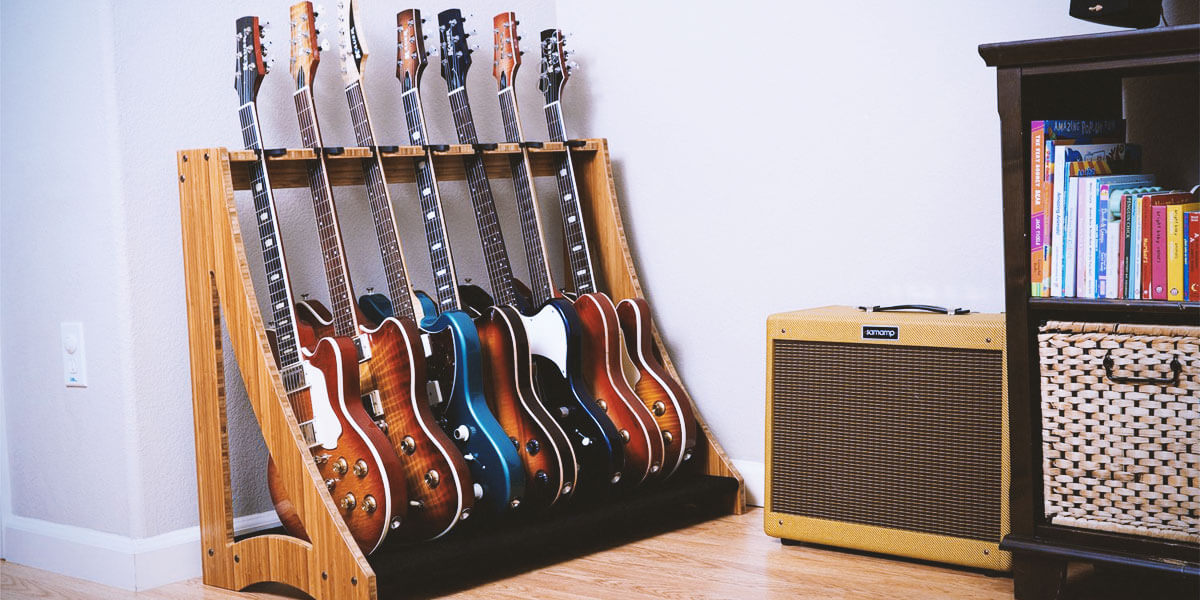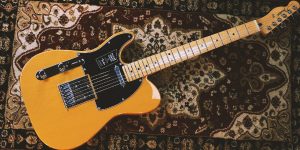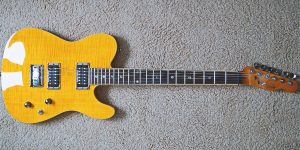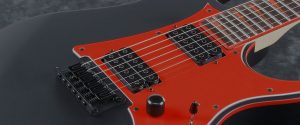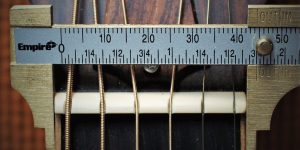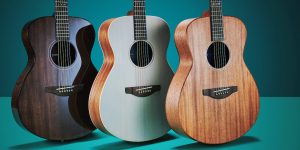If you are a serious musician, it doesn’t depend on how long ago you started playing the guitar. But, sooner or later, you are bound to wonder what the average lifespan of an electric guitar is. To answer this question, you have to look at several aspects that determine how long the electric guitar lasts. This mainly depends on the materials from which all instrument parts are made. But perhaps most importantly, it also depends on how you take care of it and how you store it. With proper care, an electric guitar, which is originally a pretty rugged instrument, can last you for decades, regardless of its origins. Well, let’s take a closer look at this question.
Aging/wear of electric guitar parts/materials
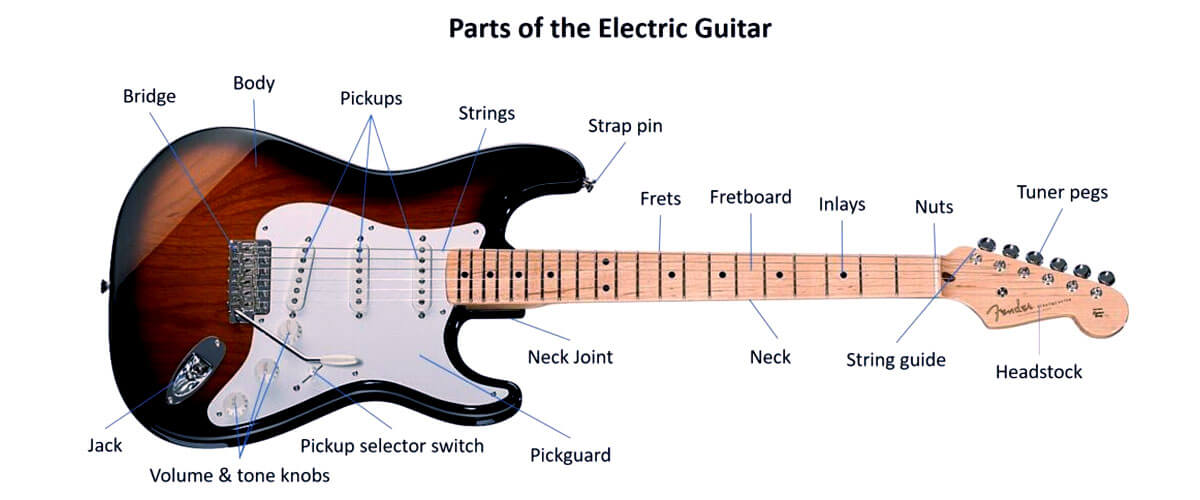
As you know, an electric guitar consists of several materials: wood, metal, magnets, and wires. Of course, the quality of the assembly and materials affects the average life expectancy of an electric guitar, but how do they wear out?
Wood
As for the body and fingerboard themselves, they are practically eternal, as they are made of solid wood (regardless of the grade), which necessarily has a special finish. And the load on the fingerboard is small. Thus, moisture and temperature changes are not a problem for wood. But you should remember about maintenance, which I will tell you about a little bit later.
The soundboard is the most fragile part of the wood. It swells from moisture and can separate from the fingerboard. Low temperatures and excessively dry air can cause it to dry out and crack. In addition, the fretboard will wear out and deform. You may not notice such changes visually, but you will hear them. In this case, you should immediately replace the fretboard by yourself or with a craftsman.
Metal
Many elements in an electric guitar are made of metal: strings, pickups, keys and tuner knobs, bridge, fret and tuning knobs, as well as the top jack plate. Understandably, they can rust when exposed to moisture. In addition, even sturdy parts can break, warp or wear out over time. All you have to do is take care of them in time and replace these elements with new ones as needed.
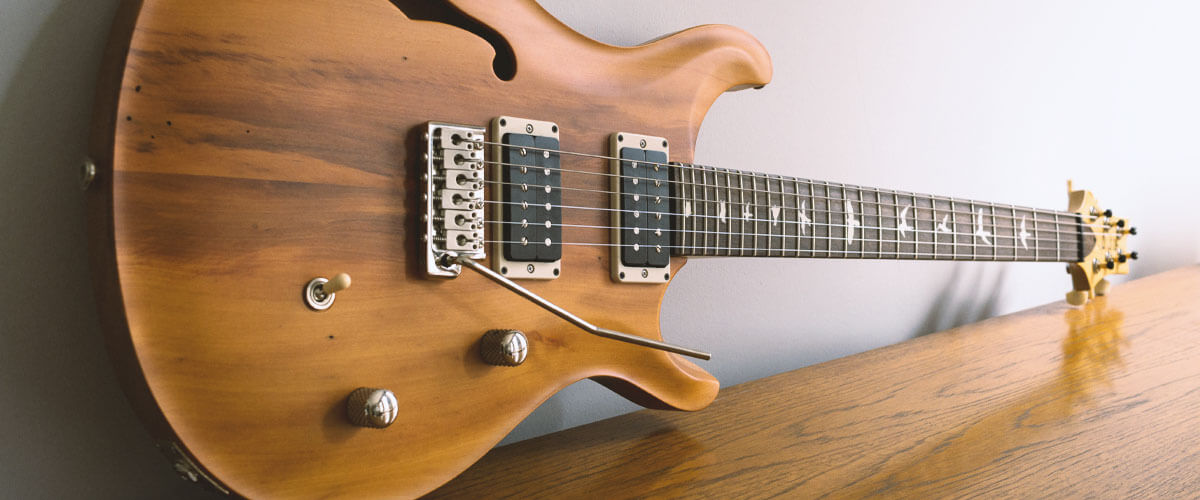
Magnets
Pickups are what metal-covered magnets are all about. Even though it is a durable material, the magnets wear out and demagnetize over time. Newer models use a special alloy that extends the life of the pickups, but in older models, you will find yourself having to replace them.
Wiring
The wiring in a guitar has a lifespan of several years with constant use. And it’s the most fragile element that requires special care, timely contact cleaning, and replacement, even if your guitar is new and up-to-date.
Care and Storage
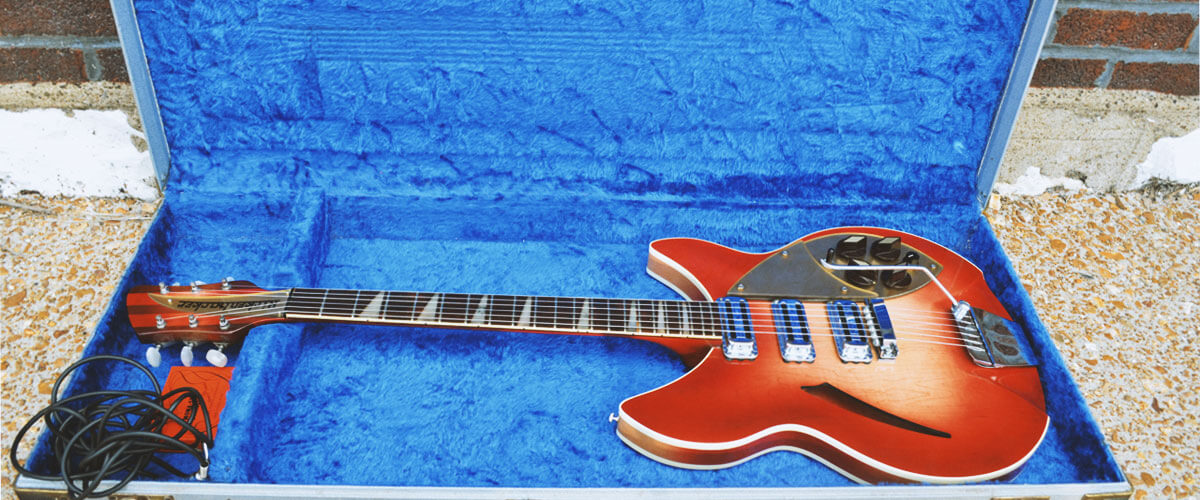
The body or neck can only be destroyed by pounding the guitar against the floor, as some famous performers do. But we’re not going to do that, are we? That’s why the electric guitar is considered one of the most durable instruments, especially with proper care.
It’s enough to wipe the dust off the guitar’s fingerboard once a year. You can also do it more often if you perform or use the instrument outdoors. You should also treat the wood with oil. It moisturizes and prevents dust and skin grease from settling tightly. But first, research this issue in detail. Different types of wood require different oil grades, and fretboards don’t like oil at all.
Storage should protect your instrument from the sun, moisture, and temperature fluctuations. That means, at a minimum, you should use a case. Also, keep your guitar in a place where heavy objects can’t fall on it.
Conclusion
As you have learned, proper care, paint condition, storage, and timely replacement of parts can extend your electric guitar’s life for centuries. History knows several such examples. So it all depends on you and how much you love your instrument.

